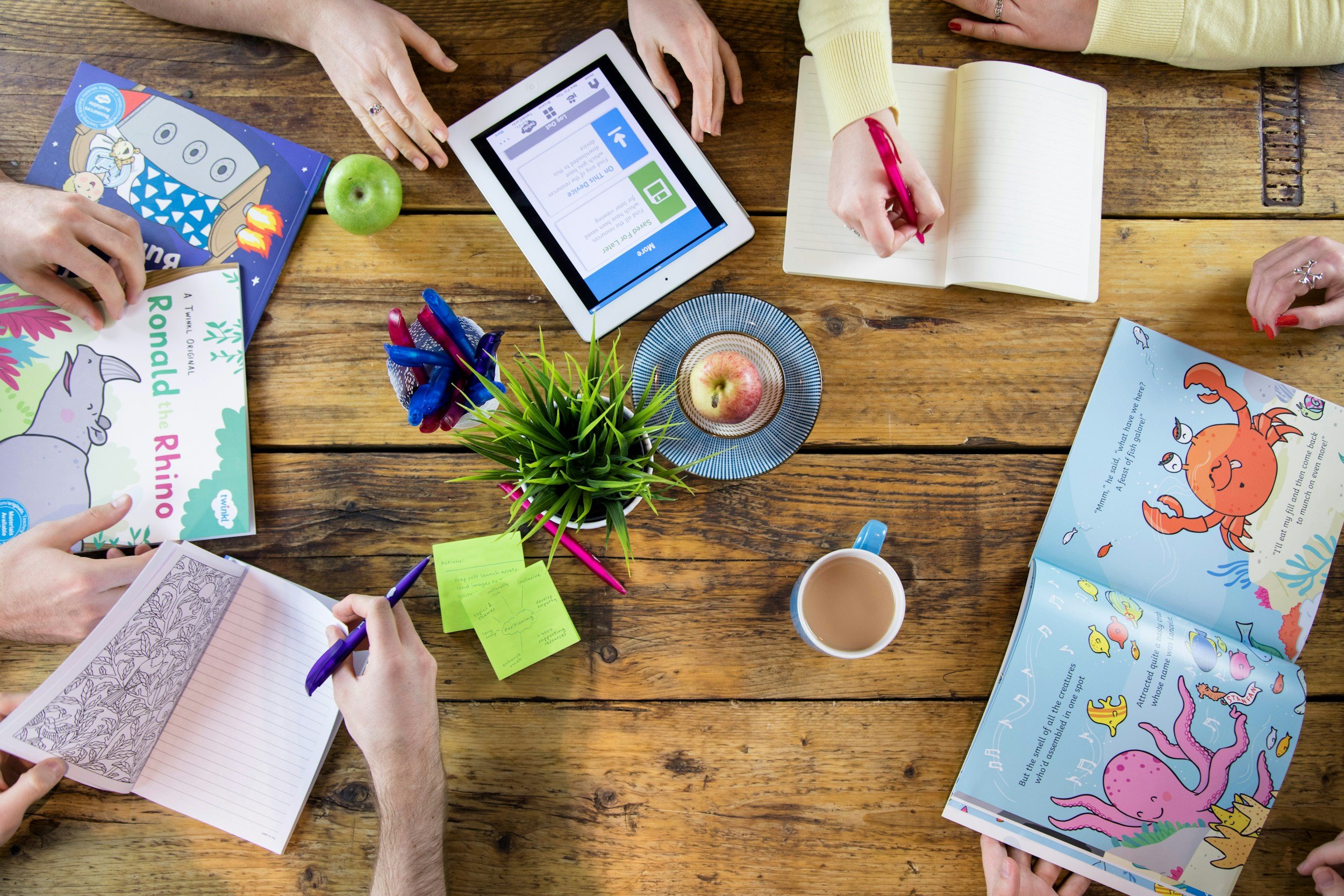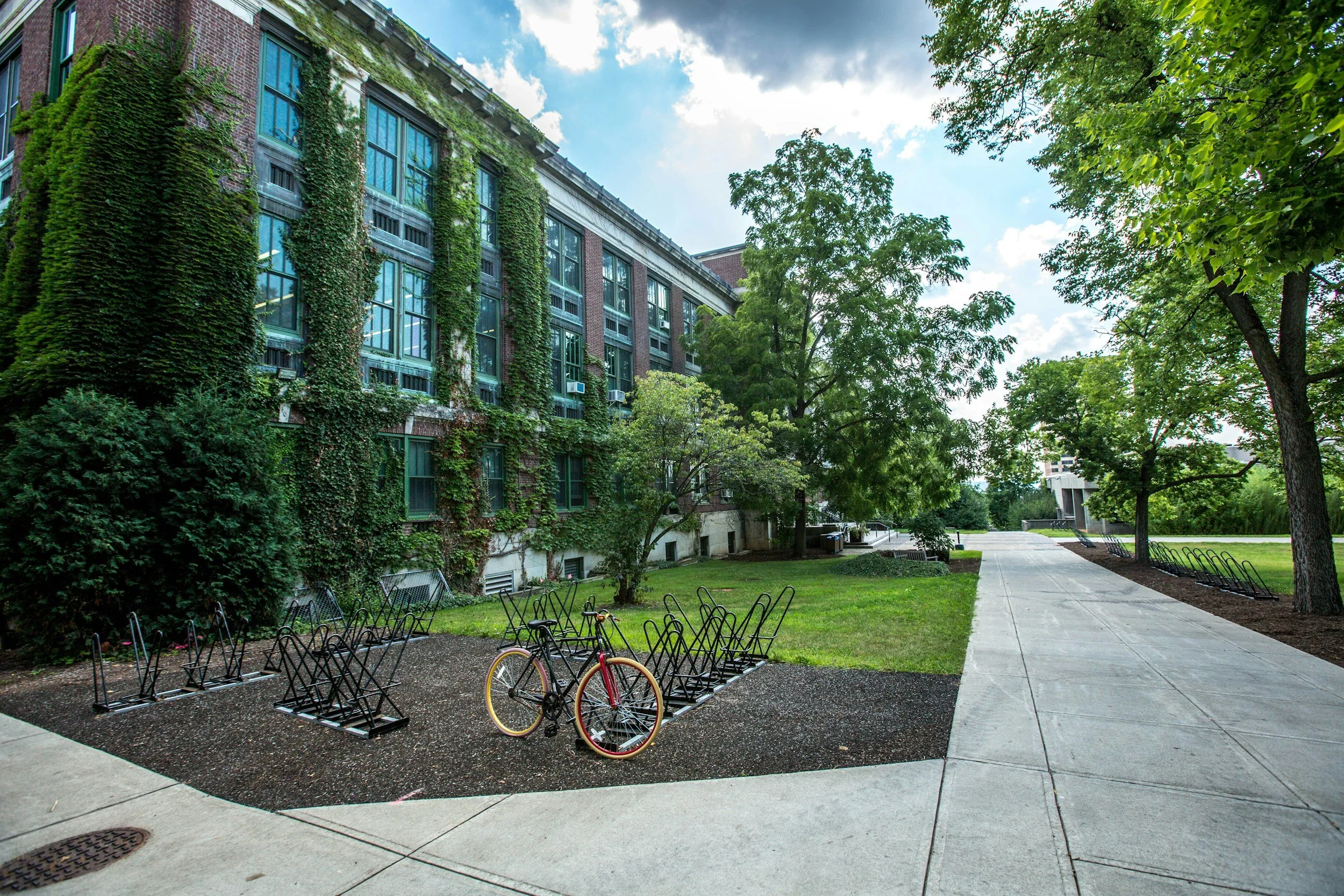
Educational Consulting
To create a classroom where all students can succeed, everything - from the posters on the walls to the curriculum and supplemental materials used - should support a culture of belonging. MEC works at both the district and school level to consult on all aspects within the classroom.
Sample consulting services can include, but are not limited to:
Review of curricula to ensure cultural competency
Examine lessons and assignments to eliminate exclusive language
Work one-on-one with educators to create safe environments where all students belong
Analyze policies and procedures from a culturally proficient lens
Contact us for more information and pricing
Our workshops help schools foster respect, reduce negative behaviors, and build a positive school climate through interactive and engaging activities.
Each session creates a safe, open space for participants to explore their own experiences, understand how background and perspective shape interactions, and develop practical strategies to strengthen empathy and respect in schools. Using real-world scenarios, participants work together to develop actionable takeaways they can immediately apply in the classroom and beyond—helping to create a school culture where everyone feels valued.
In-person workshops available in all Southern California counties: Imperial, Kern, Los Angeles, Orange, San Bernadino, San Diego, San Luis Obispo, and Ventura


